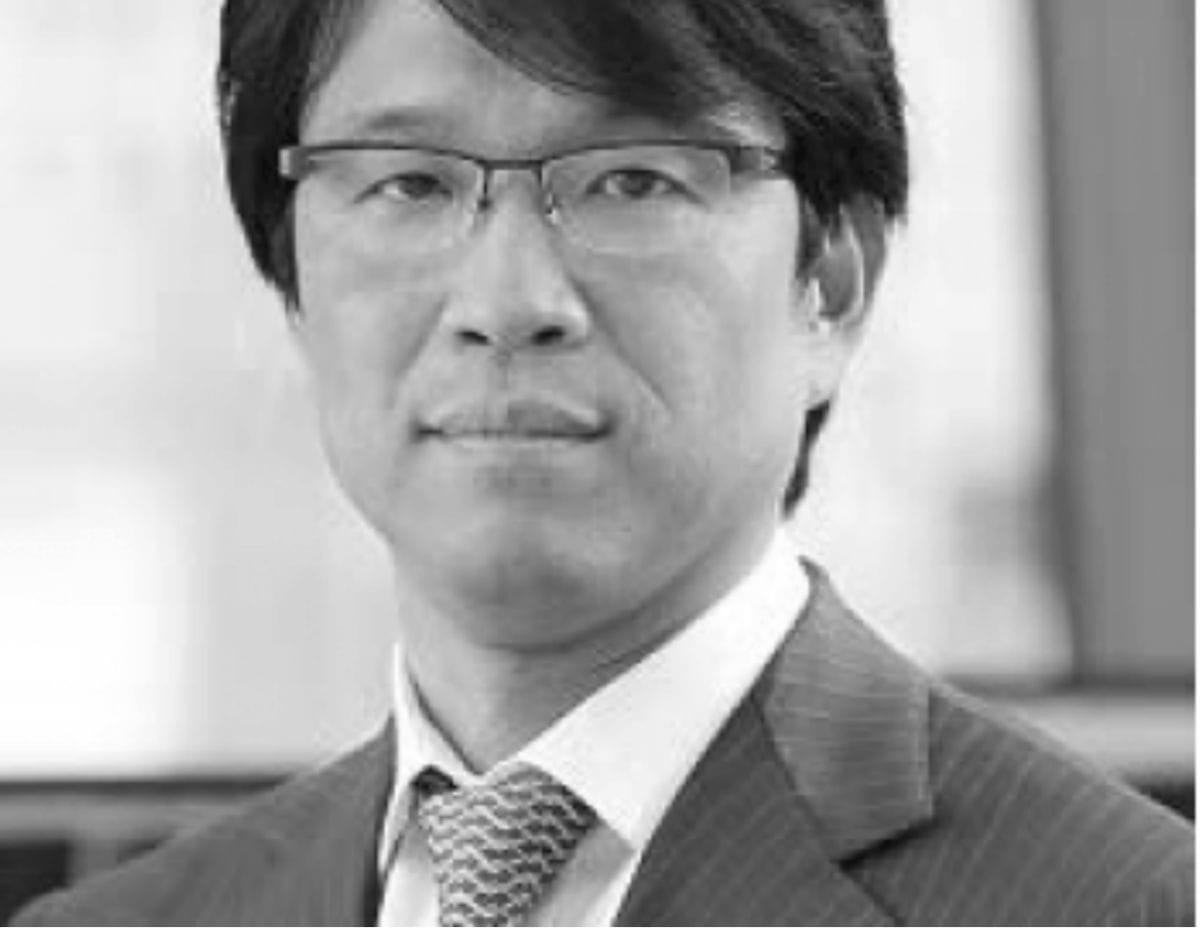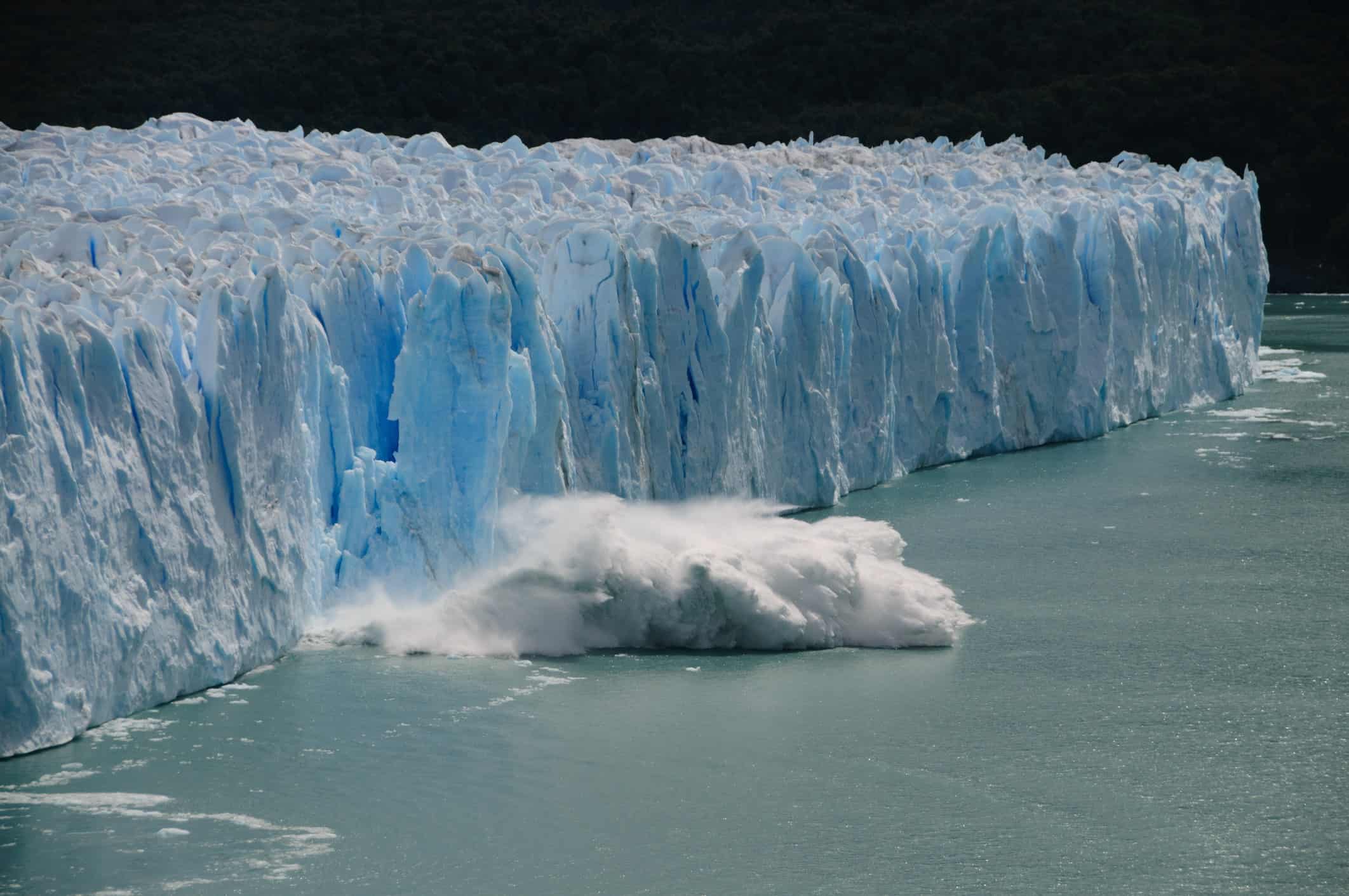The world’s largest investor, the $1.4 trillion Japan Government Pension Investment Fund, has restructured its active manager fees to pay only for alpha, and has urged managers to use artificial intelligence.
Speaking on a panel at the CFA Institute Annual Conference in Hong Kong, GPIF chief investment officer Hiro Mizuno said the fund was offering multi-year mandates in exchange for performance fees that get clawed back if targets are not reached.
“When we look at our portfolio, about 20 per cent is active,” Mizuno said. “I wanted to increase that but every time I looked at it I couldn’t find a good reason to increase it.”
He said in the history of the fund, across the portfolio, there has been no alpha added net of fees. At the same time, about 80 per cent of the team’s time is spent on active managers.
“This is not sustainable. We want to have more in active but we have to have faith in the active management industry,” he said. “We are known as the client with the lowest fee, but if you return zero, then I’ve got no money to pay you. I wanted my team to be more hands off but for that we need to have faith in active management and corporate governance. We asked managers to look at their own governance before they knocked on the door of listed company CEOs.”
As a result of this review of active management, Mizuno said it was clear the fee structure was not assisting with alignment of interests.
“We asked all managers what their value was, and they all said it was alpha. So I said you should only get paid when you deliver alpha,” he said.
GPIF is proposing an especially low base fee, like a passive fee, and a very generous share of alpha, which Mizuno did not disclose.
“In exchange, we will give them multi-year commitments but managers must accept clawbacks at the end if they don’t perform.
“We must get rid of short-termism, it’s a vicious chain. We have volunteered to take away any short-termism from our side, and have taken short-term performance evaluation out of our criteria for managers. Our managers won’t get fired if they have short-term underperformance.”
Mizuno said this was part of moving towards a more sustainable industry and that GPIF was asking for collaboration from other asset owners on this. In the four years since Mizuno has been at the fund it has diversified away from Japanese Government bonds into equities – and the recently approved up to 5 per cent in alternatives across the globe.
“We have a much more diversified portfolio and one thing I have learned is the inconvenient truth of modern portfolio theory: the more diversified we are, the less exposed to volatility we are but the more vulnerable we are to systematic failure,” he said. “So we have to pay attention to how the whole portfolio system can be sustainable. It’s why we are paying attention to ESG.”
Regulations prevent GPIF from building an in-house equities team, because of concerns it could become too big and too influential.
“We are going to remain an outsourcer to fund managers,” Mizuno said. “When negotiating with managers, we say we are guaranteed to be a manager’s biggest client forever, so we both need to spend time on the relationship.”
He said the large fund could be a good role model even for smaller asset owners, in the way it outsourced investment management.
Willis Towers Watson head of global content, Roger Urwin, who chaired the CFA conference panel session, said large asset owners typically had, on average, 0.5 investment professionals for every $1 billion in assets. At GPIF there are just 0.04 investment professionals per $1 billion.
“We have no choice but to leverage the expertise in the industry,” Mizuno said. “In alternatives, we are focused on optimising the skills of external managers.”
The fund has a fairly low return target – 1.7 per cent over the Consumer Price Index – but Japanese bond yields are negative, so “we need to find the return somewhere”, he said. This led to the recent approval of putting up to 5 per cent of the fund into alternatives.
“We have decided to go into private equity,” Mizuno said. “I came from a private equity background, but also if you look at the fact there are 8000 private companies in the US, this is no longer an alternative asset class. We need to access those companies if we want to invest in the US. We are affecting markets because of size. Our minimum cheque size is a couple billion, so we have no choice but to invest in private equity.”
AI insights
GIPF is also running two research projects on artificial intelligence. One is with Accenture on internal resources and how to do jobs better; the other looks more to the future.
“We use AI to see how managers are trading on a daily basis,” Mizuno said. “It’s information we collect anyway, so AI can analyse the data. So, for example, when a manager has a style drift we know about it immediately. If there is pricing pressure in an industry, then you should look to automate, so I don’t know why investment managers aren’t doing it. This is a heavy intelligence sector, so we should be using AI.”



